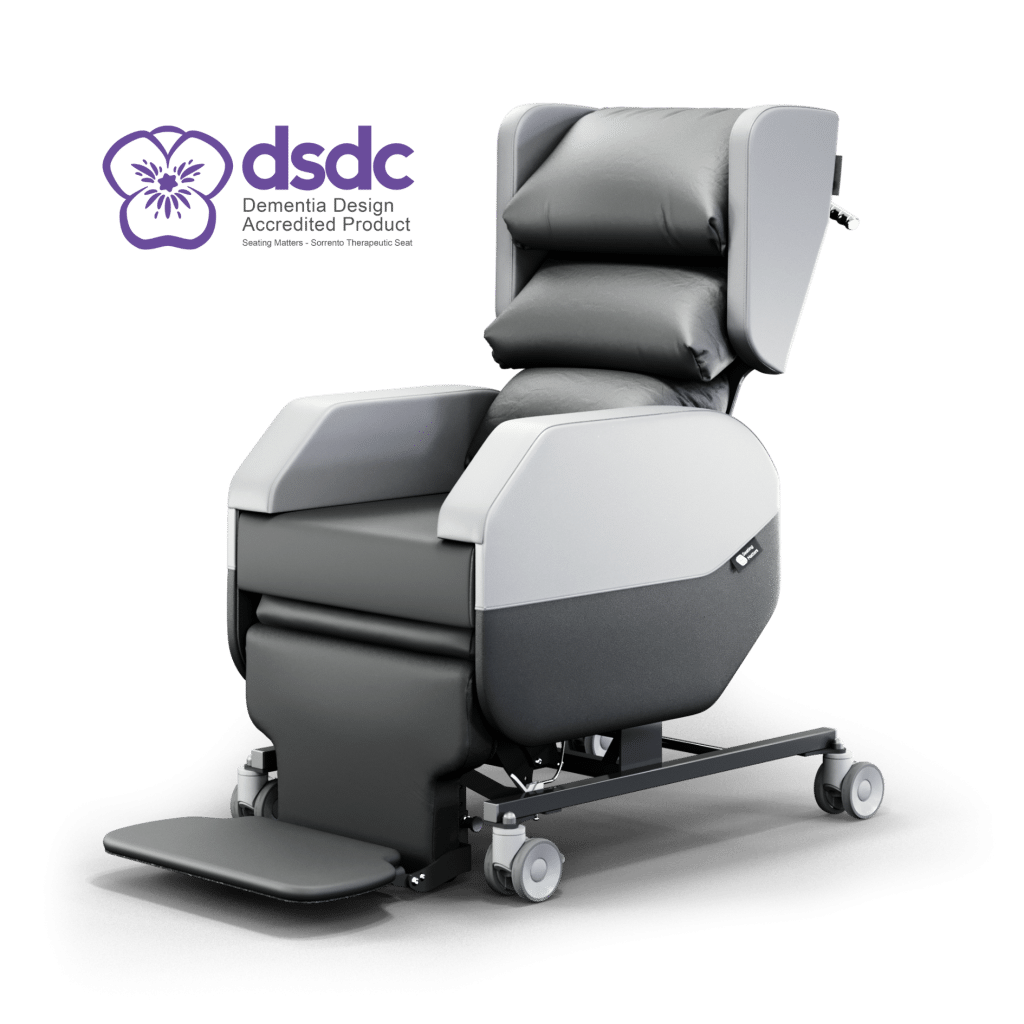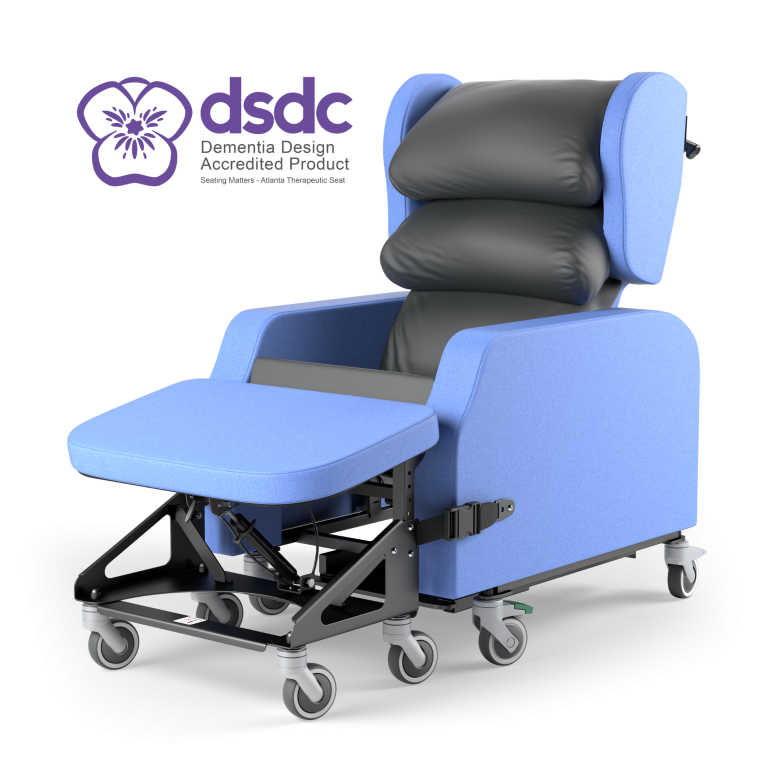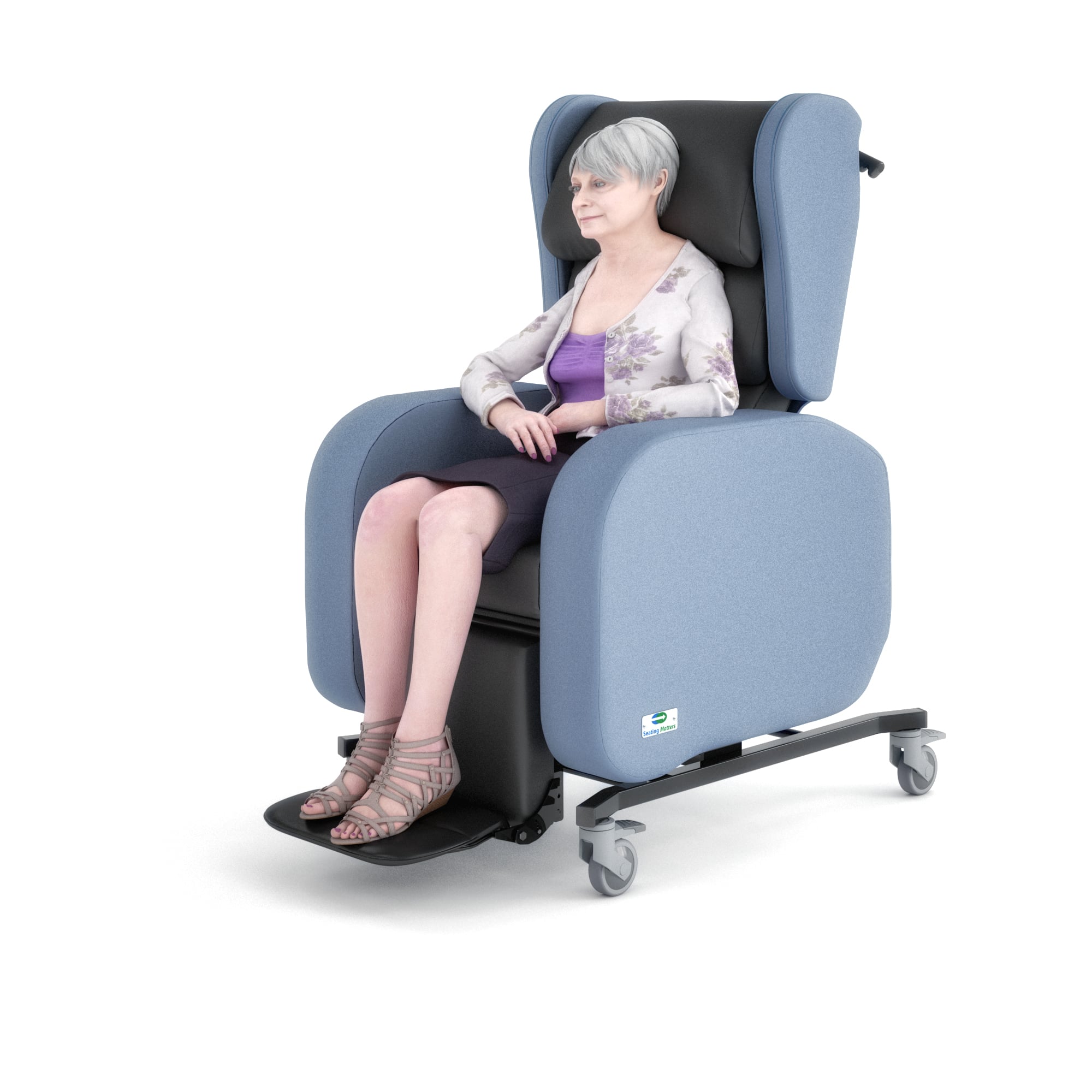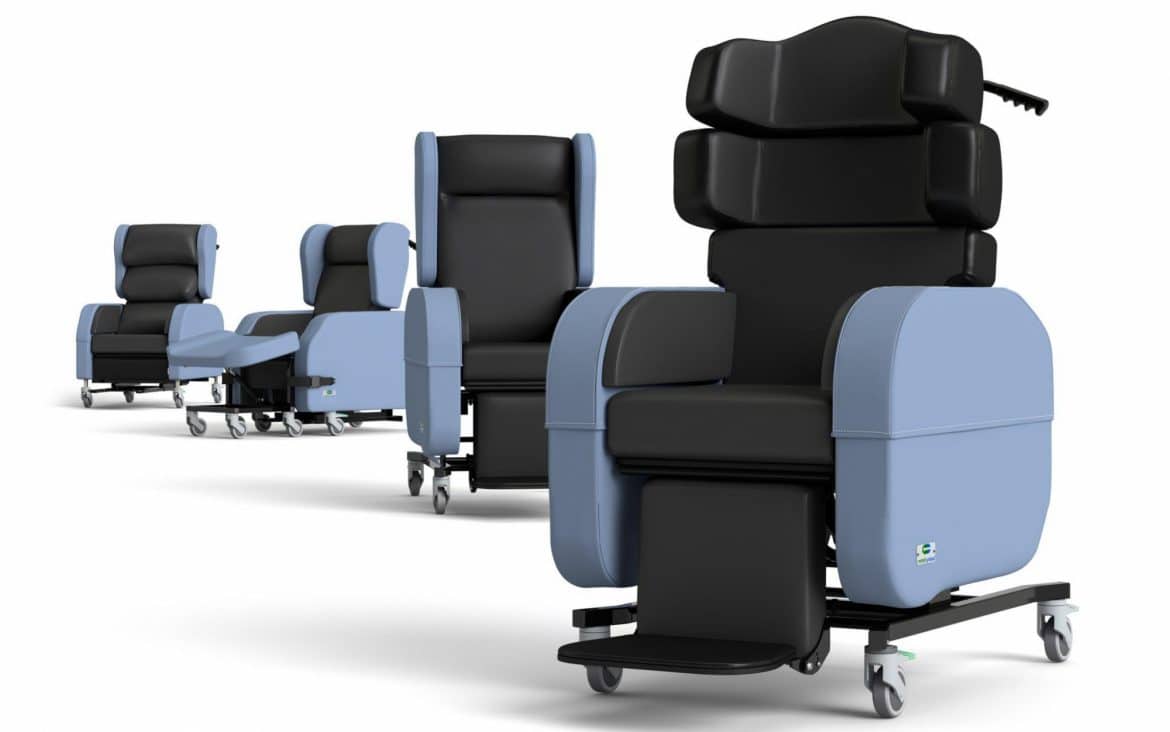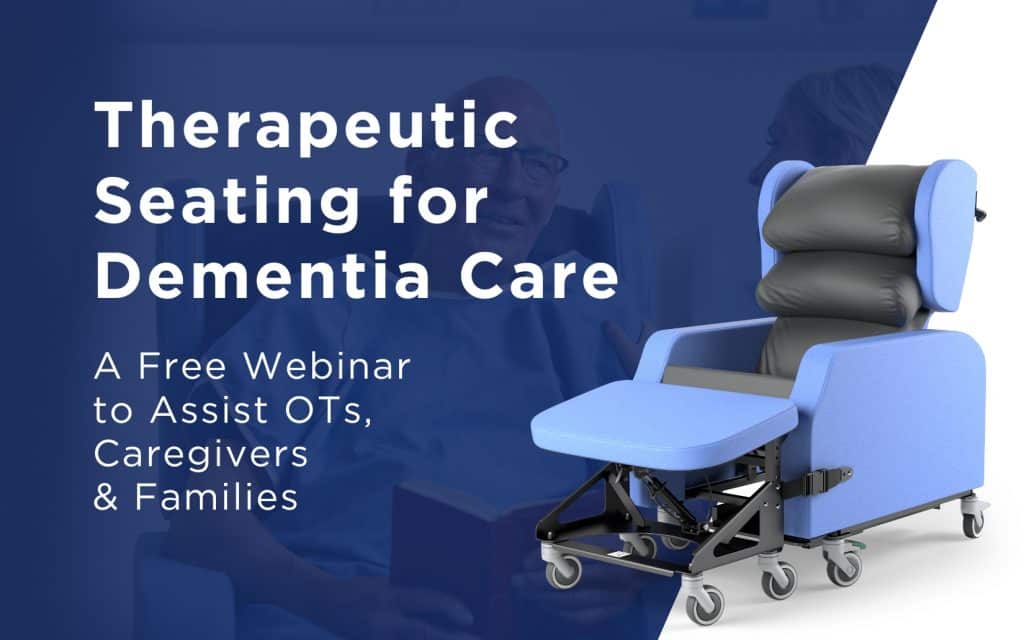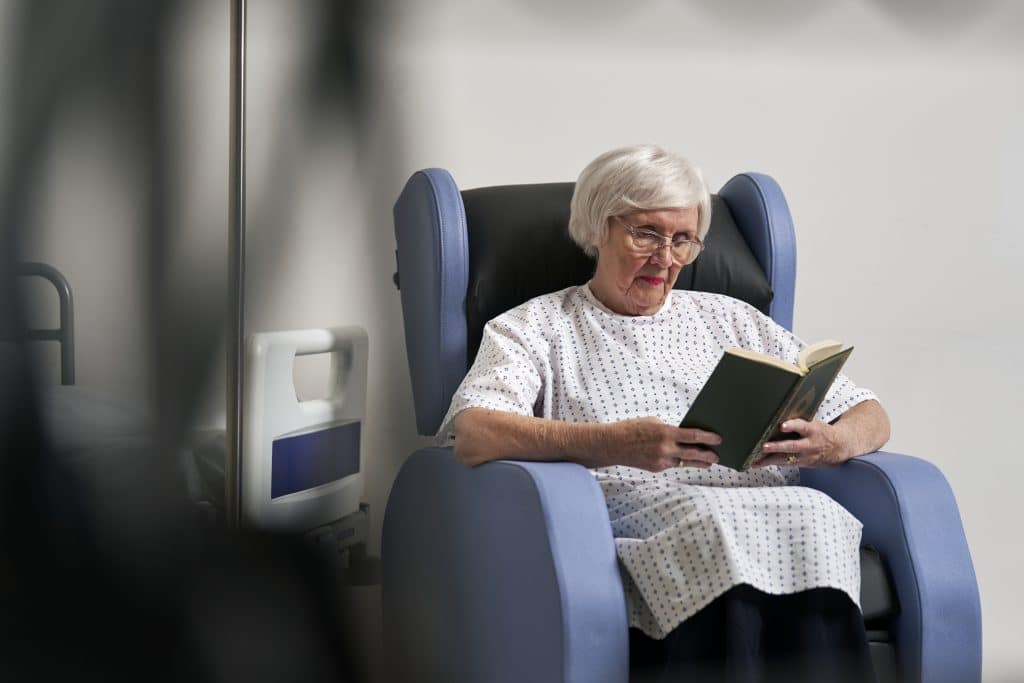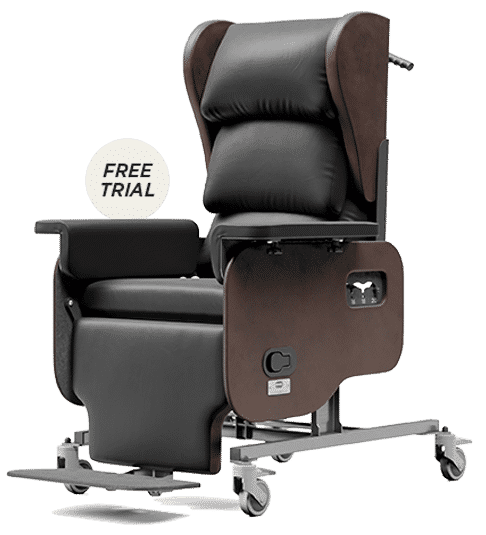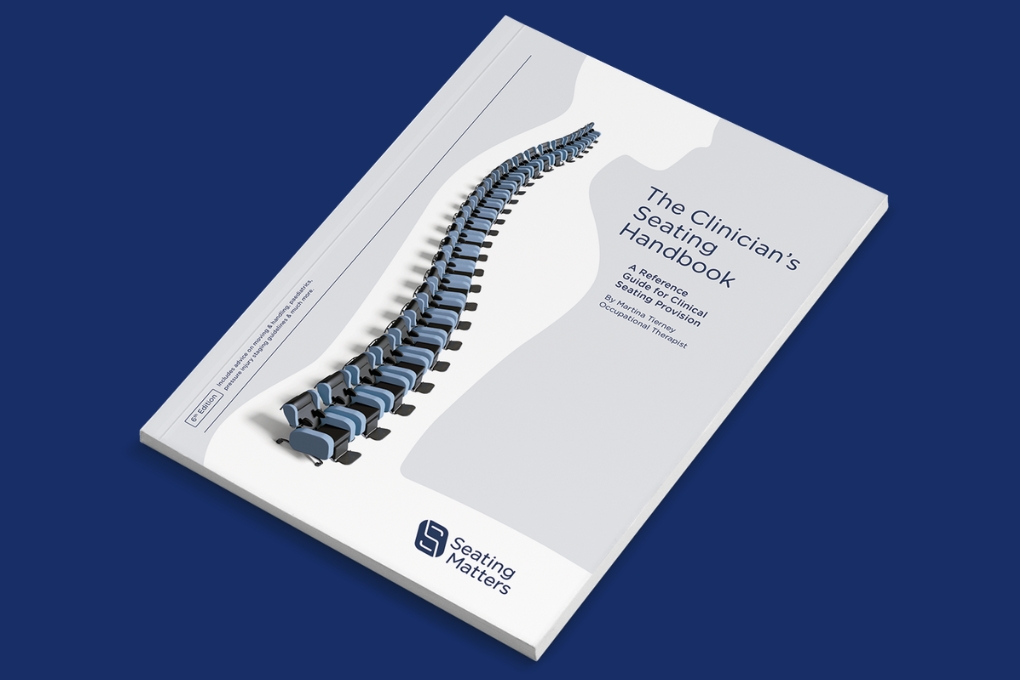Sorrento Case Study – Valerie (86yo, Dementia)
Valerie is an 86-year-old resident of a care facility, suffering from dementia, limited mobility and limited independence. She was unable to feed herself or drink independently and spent the majority of the day with her arms crossed to stabilise herself. Valerie's experience with the Sorrento chair was hugely beneficial, serving to dramatically improve her quality of life and ability to interact with others. This is her story.


